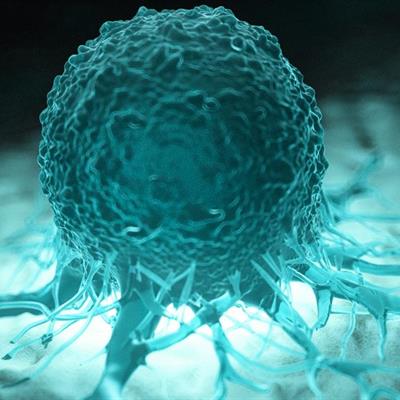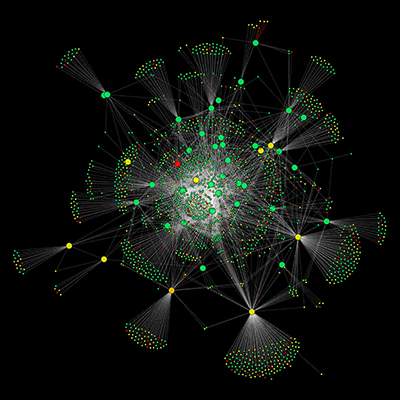July 12, 2022 -- An international team of researchers, led by University of Minnesota Twin Cities engineers, has discovered that cancer cells invade the body based on the stiffness of their environment, providing a new understanding of how cancer spreads and the potential for improvements to future treatments.
Their study, published on July 11 in the journal Nature Materials, found that not only does the stiffness of their environment impact the speed at which cells move -- ranging from stiff (bone tissue) to soft (fatty tissue) to medium stiffness (muscle tissue) -- but it also affects the direction in which they move.
Researchers observed that cells can actually move toward a "sweet spot" that's more in the middle. In the study, they looked at both brain cancer and breast cancer cells.
"This discovery challenges the current thinking in the field, which is that cells only move toward stiffer environments," said David Odde, PhD, the study's senior author and a professor in the University of Minnesota Twin Cities Department of Biomedical Engineering. "I think that this finding will change how people think about this phenomenon. Our mathematical model predicted, and we've shown through experiments, that cells actually can move toward the softer side."
Going forward, researchers plan to use this information to build a simulator that shows how cancer cells move through an entire tumor, which they contend will help better predict cells' movements based on their environments.
Copyright © 2022 scienceboard.net








